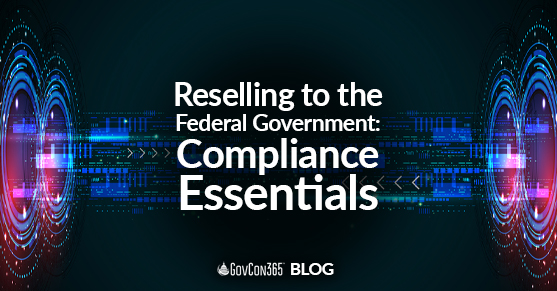Navigating Unique Federal Government Compliance Requirements can be difficult for Government Contractors Reselling Products. Compliance regulations ensure that contractors conduct business ethically and legally with the government. Here are some of the key compliance requirements for government contractors reselling products to the federal government:
Trade Agreements Act Compliance (TAA)
One of the main compliance requirements for government contractors is compliance with the Trade Agreements Act of 1979 (TAA). TAA requires contractors to sell only products made or significantly changed in the United States or TAA-designated countries.
TAA compliance helps the government avoid buying products made in countries that are unfriendly to the United States. The countries currently included are Australia, Bahrain, Canada, Chile, Colombia, and Costa Rica. They also include the Dominican Republic, El Salvador, Guatemala, Honduras, and Israel. Additionally, Jordan, Korea, Mexico, Morocco, Nicaragua, Oman, Panama, Peru, Singapore, and Tunisia are part of this list.
To comply with the TAA, contractors must make sure their products meet the TAA country of origin rules. Failure to comply with TAA can result in the cancellation of government contracts and even legal penalties.
Federal Acquisition Regulation Compliance (FAR)
FAR is a set of regulations that govern the acquisition process of goods and services by federal agencies. These rules make sure everyone gets a fair shot at contracts. They also hold contractors responsible for following the contract terms.
To be compliant with FAR, contractors must follow guidelines for contract administration and perform their obligations accurately and reliably. This includes proper documentation of procurement processes as well as ensuring employees have appropriate security clearances. Failure to comply with FAR can lead to contract termination and legal consequences.
Buy American Act Compliance
The Buy American Act requires government entities to purchase products made in the United States.
However, there are exceptions to this rule. These apply to products that manufacturers cannot make in the US. They also apply when US-made products are much more expensive than foreign-made ones.
Contractors need to know about any exceptions for their product types. This knowledge helps them follow the Buy American Act. Contractors must also provide additional documentation if they need to obtain BAA waivers. Noncompliance may result in contract termination.
Cybersecurity Compliance
Federal entities handle a lot of sensitive information. Because of this, they enforce security requirements on all contractors who work with this data. This includes implementing access control measures, encryption protocols, and secure communication channels between contractor and agency.
Contractors should conduct regular audits to identify any vulnerabilities early on. Failure to meet minimum security standards can expose sensitive data, resulting in severe punishments like termination from contracts, legal consequences, and reputational damage.
Conclusion
Compliance with regulatory frameworks is crucial for successful business operations within the Government contracting space. Government Contractors must clearly understand regulations like the Trade Agreements Act, Federal Acquisition Regulations, and the Buy American Act.
They also need to know cybersecurity standards. This understanding helps them follow the rules during their work. By doing so, they can build strong relationships with Government agencies. It also protects their businesses from risks linked to noncompliance actions by federal regulators.

